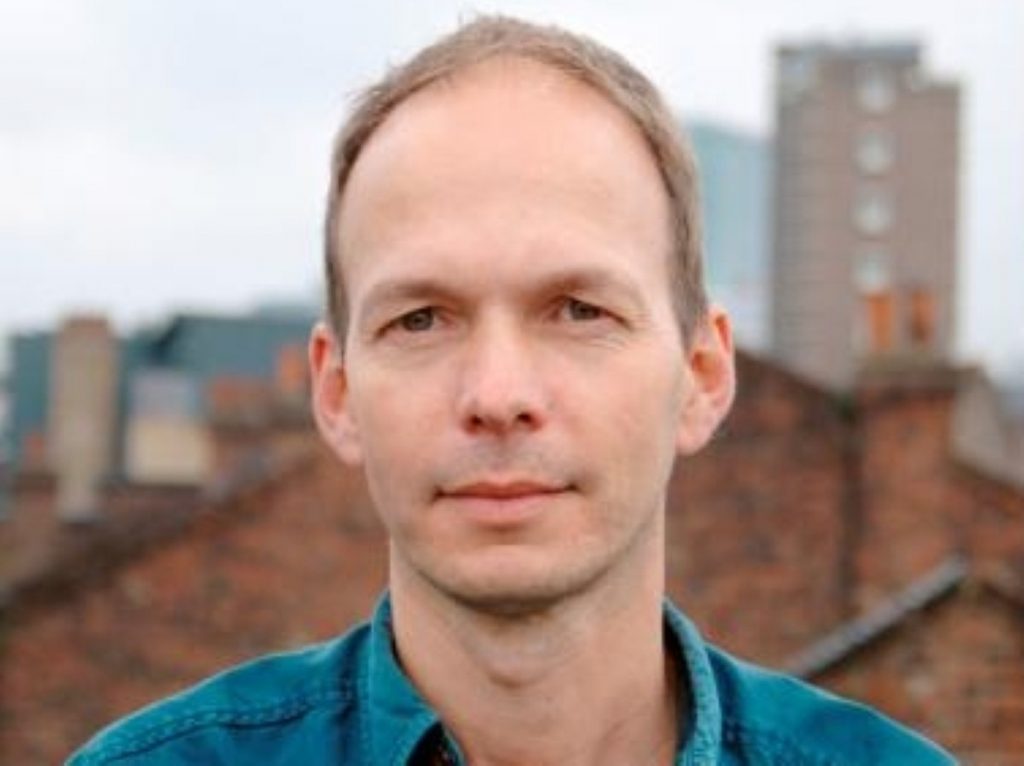Comment: ‘Greenest govt’ doesn’t understand – or doesn’t care
How do you judge the first 100 days of a government that started by dropping plans for new climate-wrecking runways at Heathrow and Stansted airports but moved on to scrap the Sustainable Development Commission?
By Mike Childs
Does this represent a bold decision on airports that will prevent a huge increase in carbon emissions and the sensible scrapping of an unnecessary ‘quango’? Or is it an early sign that they recognise the need to tackle climate change but don’t fully understand sustainable development? Frankly, the latter seems more likely.
It was not surprising that the promise to develop a low-carbon economy was centre stage in the coalition agreement. Both parties were powerful supporters of the Climate Change Act brought about by Friends of the Earth’s campaigning. Both parties recognise the threats to the economy from energy insecurity and the volatile price of fossil fuels, and both parties see the first-mover advantages of developing new green industries. As spending reviews take place it does appear that so far the coalition is trying to protect low-carbon spending from the worst of the cuts, although some damaging cuts have been announced.


But they’ve also missed great opportunities.
The Liberal Democrats went into the election with a promise to slash greenhouse gas emissions by 42 per cent by 2020 rather than the current target of 34 per cent. They rightly identified that this greater level of ambition is the least that is needed to give Britain and the rest of the world a 50:50 chance of avoiding dangerous climate change (not great odds if you are one of the millions of subsistence farmers living on the front-line of climate change impacts, and already suffering from flooding or drought). The Liberal Democrats should have secured this change in the coalition agreement. Instead energy secretary Chris Huhne will have a fight on his hands towards the end of this year when the Committee on Climate Change is expected to recommend that the UK moves to the 42 per cent target. The vested interests in both business and the unions are rapidly gearing up for a fight. Chris Huhne is a canny fighter but it is an unnecessary battle that he could have avoided by taking swift action early on.
Another opportunity has been missed through the government’s failure to tackle climate change locally. All the political parties said during the election that they would introduce local carbon budgets to encourage and support councils to cut emissions in their local area. Even communities secretary Eric Pickles, who will surely be the environment movement’s bête noir, has conceded the need for some local action. But neither he nor Chris Huhne has yet promised delivery in forthcoming legislation despite pressure from leading local authorities.
The next 100 days will be the real test of the coalition’s climate change credentials. Will the much heralded Green Deal on energy efficiency be inspirational and transformative – or will it be the damp squib that civil servants are currently drawing up? Will Chris Huhne succeed in moving the UK to a 42% cut in emissions? Will the Treasury starve the green investment bank of funds and scrap the promised renewable heat incentive which will cut investment and make the delivery of legally-binding renewable targets impossible? Will local carbon budgets be part of forthcoming legislation? And will the drive to a low-carbon economy be protected in the comprehensive spending review?
Much remains to be seen.
But climate change isn’t everything. Sustainable development means building a strong economy, delivering social justice and providing environmental protection as a mutually reinforced package – not competing aims to be traded off against the other. Fixing climate change but destroying the natural diversity of life on earth does not make for sustainable development. Using scarce land to grow biofuels instead of oil to run our gas-guzzling cars is not the answer when it inflates food prices and means the poorest people here and overseas go hungry. Pursuing consumer-driven economic growth at the expense of ecosystems and social cohesion isn’t the way we should head.
The early signs are that the government simply doesn’t ‘get’ sustainable development. The cuts to Natural England (nature’s protection agency); Eric Pickles telling councils they can’t charge for the amount of waste householders put out, the scrapping of regional planning and their sustainable development function, cutting the Sustainable Development Commission; the regressive impact of the first Budget; the instruction to embassy staff overseas to focus on business opportunities for UK Plc rather than pursuing a broader more ethical agenda; the relentless pursuit of economic growth as the over-riding priority for government; the lack of substantial, new and additional climate finance for developing countries; all these point to a government that doesn’t understand, or doesn’t care.
It’s all very well to boast that you’ll be the greenest government ever, as David Cameron did, but you need to make sure that all your Cabinet understand what this implies and deliver on it. Otherwise the statement becomes yet another jaded sound-bite in the ears of the disgruntled and tired electorate.
Mike Childs is Friends of the Earth’s head of climate
The views expressed in politics.co.uk’s comment pages are not necessarily those of the website or its owners.












